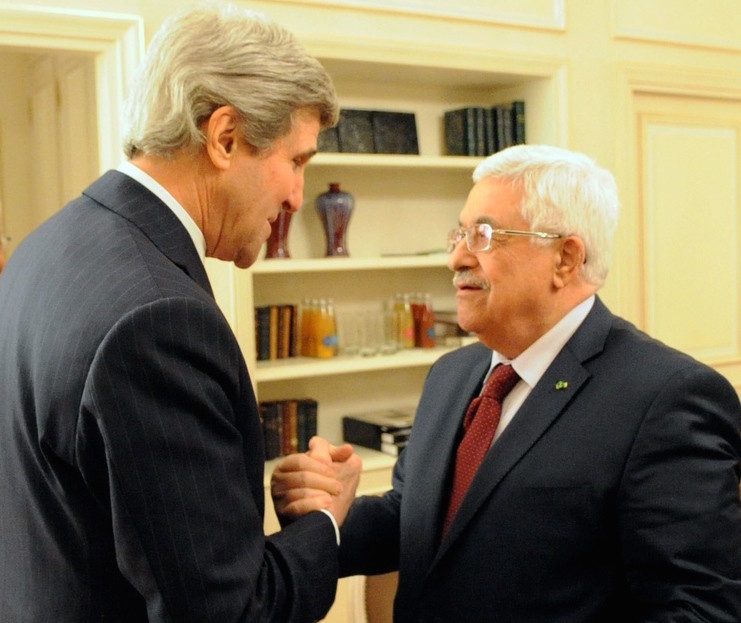Argentine justice may yet triumph for Alberto Nisman, AMIA victims
The Foundation for Defense of Democracies think tank this week presented its Alberto Nisman Award for Courage to Judge Royce Lamberth. A senior district judge for the District of Columbia, Lamberth is no stranger to the Iranian-backed terrorism that cost Alberto Nisman his life as he investigated Tehran’s responsibility for the 1994 bombing of the AMIA Jewish center in Buenos Aires. In 2003, Lamberth ruled that the Iranian regime would have to pay more than $2 billion to the families of the 241 U.S. Marines murdered in Beirut in 1983 by a Hezbollah bomb.
“Based on the evidence presented by the expert witnesses at trial, the court finds that it is beyond question that Hezbollah and its agents received massive material and technical support from the Iranian government,” Lamberth wrote at the time. Much the same can be said of the AMIA atrocity, which claimed the lives of 85 people and which came just two years after another Iranian-sponsored attack in Argentina—the bombing of the Israeli Embassy in Buenos Aires, which killed 29 people and wounded hundreds more. But in Nisman’s case, his unmasking of Iranian culpability, along with the Argentine government’s decision to shield the mullahs from investigation, is what has fueled the widespread suspicion that this courageous federal prosecutor was murdered for speaking truth to power.
Since, sadly, Nisman is not yet a household name among Jews in general, some reminder of both his life’s work and the circumstances of his death is probably in order. In 2004, Nisman was appointed by Argentina’s then-president, Nestor Kirchner, to take over the AMIA investigation, which had descended into a farce by avoiding the Iranian connection and concentrating solely on low-level local operatives. With Nestor Kirchner’s support, Nisman formally accused Iran and Hezbollah of orchestrating the attack. His indictment named Iran’s top leaders as having approved the bombing, including Supreme Leader Ayatollah Ali Khamenei, then-president Ali Hashemi Rafsanjani, and then-foreign minister Ali Akbar Velayati.

 54.0°,
Mostly Cloudy
54.0°,
Mostly Cloudy 




